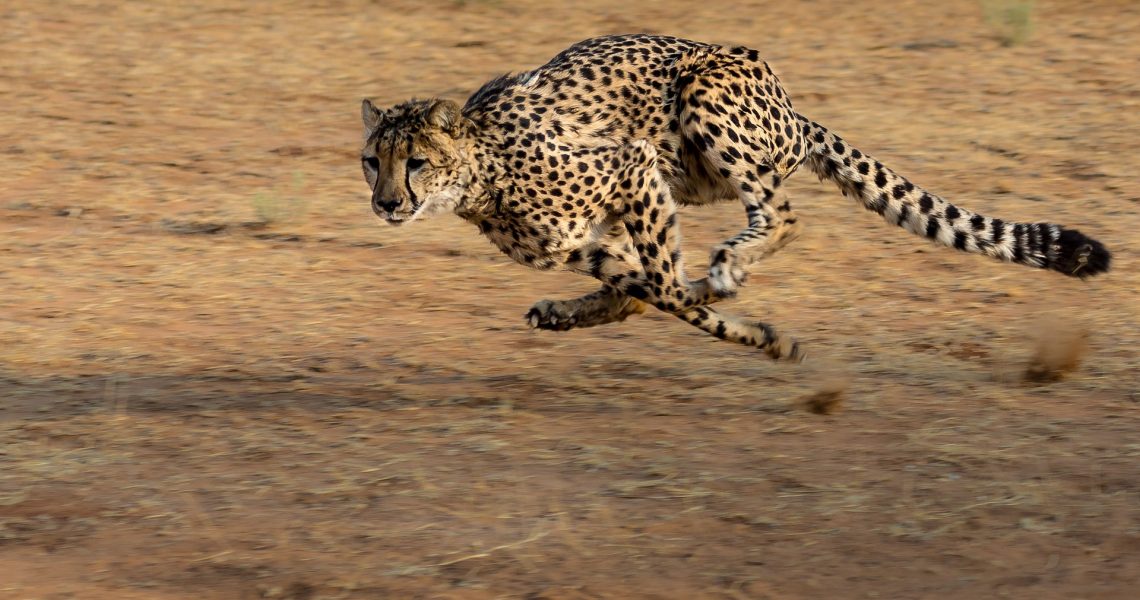Years ago when I was stationed in Singapore I first heard the term “Supply Chain Ecosystems” coined by Mark Millar, a gifted key note speaker and pragmatic thought leader on the Supply Chain area.
He clearly explained that we are not dealing with lineair Supply Chains on a local level, but with complex global demand and supply ecosystems that are difficult to oversee, let alone control.
… the focus of business optimisation has been on … flushing out … slack
Add to that, that throughout the last couple of decades the focus of business optimisation has been on creating efficiencies: flushing out as much as possible slack from the supply chain ecosystems we are dealing with.
This has created considerable value for the ones that were early adapters as well as the ones that have been rigourous about it, like for example in the car industry.
However this focus on efficiencies, i.e. removing slack has a downside, it leaves you vulnerable in case there is a disruption in the supply chain ecosystem.
..removing slack … leaves you vulnerable
Generally companies can survive a short term disruption that lasts a couple of months. The longer the disruption takes, the more companies have difficulties to survive. After the disruption fades out business is back to normal, some companies have disappeared but the vast majority survives.
The “black swan” disruption we have at hand now is much different than the onces we have experienced in our lifetimes so far and will not be gone soon because:
- The Covid-19 virus is highly infectuous and travels around the world on the back of global mobility, with epicentres moving from one global region to another
- Governments have put measures in place for (smart) social distancing, which, together with good hygiene practice, is currently the only effective way to avoid an exponential spread of the virus and keep it under control. This has changed consumer behaviour to focus more on the bottom of Maslow’s Hierarchy of Needs, if at all consumption is possible with the social distancing in place
- To control the outbreak governments have urged or ordered businesses to temporarily close down, which interrupts the supply chain eco systems in many different areas at different times in different parts of the world as the virus travels around the world
- Multiple attempts are underway to develop a vaccine that can treat Covid-19, but before the efficacy of the vaccine is proven many months will have passed. Even then it will take time before production can be scaled up and distribution takes place to treat large parts of the global population in a socially responsible way
- Viruses mutate and it is a matter of time there is a different version out there that potentially can start the cycle all over again
In the light of all of the above the supply chain ecosystems, whether global, regional or local, will be disrupted for a long time to come and demand will change indefinitely.
This is where Darwin’s “survival of the fittest”-theory is applicable: not the ones that are the strongest (i.e. have the biggest leverage, have cash or access to cash) eventually will survive, but the ones that are most adaptable to the new situation. This requires companies and personnel to become agile so that they can adapt quickly to the changing supply chain ecosystem both in demand and supply.
